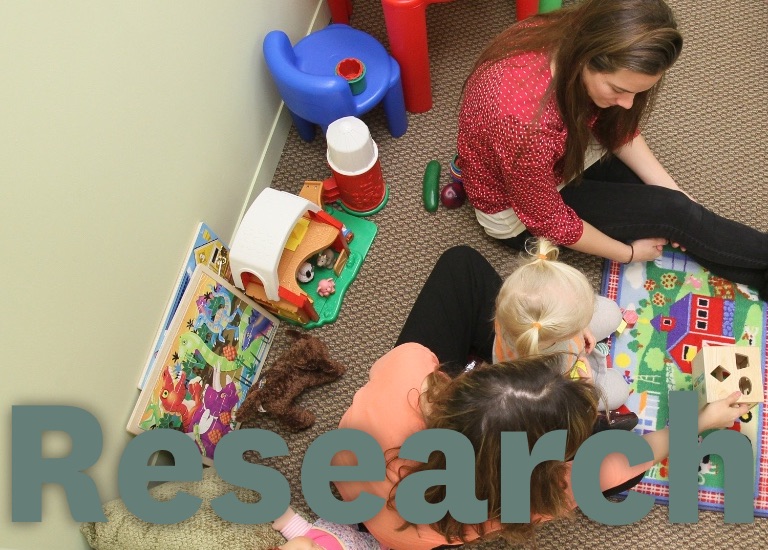Function and Emotion in Everyday Life with Type 1 Diabetes (FEEL-T1D)
Health Core ⟩
LRCC Lab ⟩
Principal Investigator:
Beth Pyatak PhD, OTR/L, CDCES, LRC, FAOTA
Co-Principal Investigators:
Donna Spruijt-Metz PhD; Jeffrey Gonzalez PhD
Co-Investigators:
Stefan Schneider PhD; Jill Crandall MD; Anne L. Peters MD
Period
Apr 2019 – Mar 2025
Total funding
$3,157,103 (anticipated)
It is generally understood that fluctuations in blood glucose are both distressing and intrusive for people with type 1 diabetes, yet diabetes research to date has primarily relied on global, retrospective measures that cannot capture the relationships between acute blood glucose fluctuations, emotional well-being, and function in everyday life. To overcome this limitation, the proposed Function and Emotion in Everyday Life with Type 1 Diabetes (FEEL-T1D) study is the first large-scale study to integrate continuous glucose monitoring (CGM), ecological momentary assessment (EMA), and accelerometry to disentangle the short-term dynamic relationships between blood glucose, function, and emotional well-being in adults with type 1 diabetes. These analyses will contribute essential basic knowledge about these relationships that will be foundational to the individualization of treatment recommendations and development of innovative interventions that optimize both clinical and patient-reported outcomes.
Funding
| Type |
Source |
Number |
Amount |
| Federal |
NIH / National Institute of Diabetes and Digestive and Kidney Diseases (NIDDK) |
1R01DK121298-01 |
$3,157,103 (anticipated) |
⋯
Publications
Journal Articles
Pyatak, E. A., Hernandez, R., Pham, L., Mehdiyeva, K., Schneider, S., Peters, A., Ruelas, V., Crandall, J., Lee, P.-J., Jin, H., Hoogendoorn, C. J., Crespo-Ramos, G., Mendez-Rodriguez, H., Harmel, M., Walker, M., Serafin-Dokhan, S., Gonzalez, J. S., & Spruijt-Metz, D. (2021). Function and Emotion in Everyday Life With Type 1 Diabetes (FEEL-T1D). JMIR Research Protocols, 10(10), e30901. https://doi.org/10.2196/30901 Show abstract
Background. While short-term blood glucose (BG) levels and variability are thought to underlie diminished function and emotional well-being in people with T1D, these relationships are poorly understood. The Function and Emotion in Everyday Life with T1D (FEEL-T1D) study focuses on investigating these short-term dynamic relationships among BG, function, and emotional well-being in adults with T1D.
Objective. To present the FEEL-T1D study design, methods, and study progress to date, including adaptations necessitated by the COVID-19 pandemic to implement the study fully remotely.
Methods. The FEEL-T1D study will recruit 200 adults 18-75 years old with T1D. Data collection includes a comprehensive survey battery, along with 14 days of intensive longitudinal data using blinded continuous glucose monitoring (CGM), ecological momentary assessments (EMA), ambulatory cognitive tasks, and accelerometers. All study procedures are conducted remotely, through mailing study equipment and using videoconferencing for study visits.
Results. To date, after 12 months of recruitment, 124 participants have enrolled in the FEEL-T1D study. Over 80% have provided concurrent CGM, EMA, and accelerometer data for at least 10 of the 14 days of data collection, and nearly 90% of EMA surveys have been completed, with minimal missing data.
Conclusions. Thus far, our reconfiguration of the FEEL-T1D protocol to be implemented remotely during the COVID-19 pandemic has been a success. The FEEL-T1D study will elucidate the dynamic relationships between blood glucose, emotional well-being, cognitive function and participation in daily activities. In doing so, it will pave the way for innovative just-in-time interventions and produce actionable insights to facilitate tailoring of diabetes treatment to optimize function and well-being among individuals with T1D.





